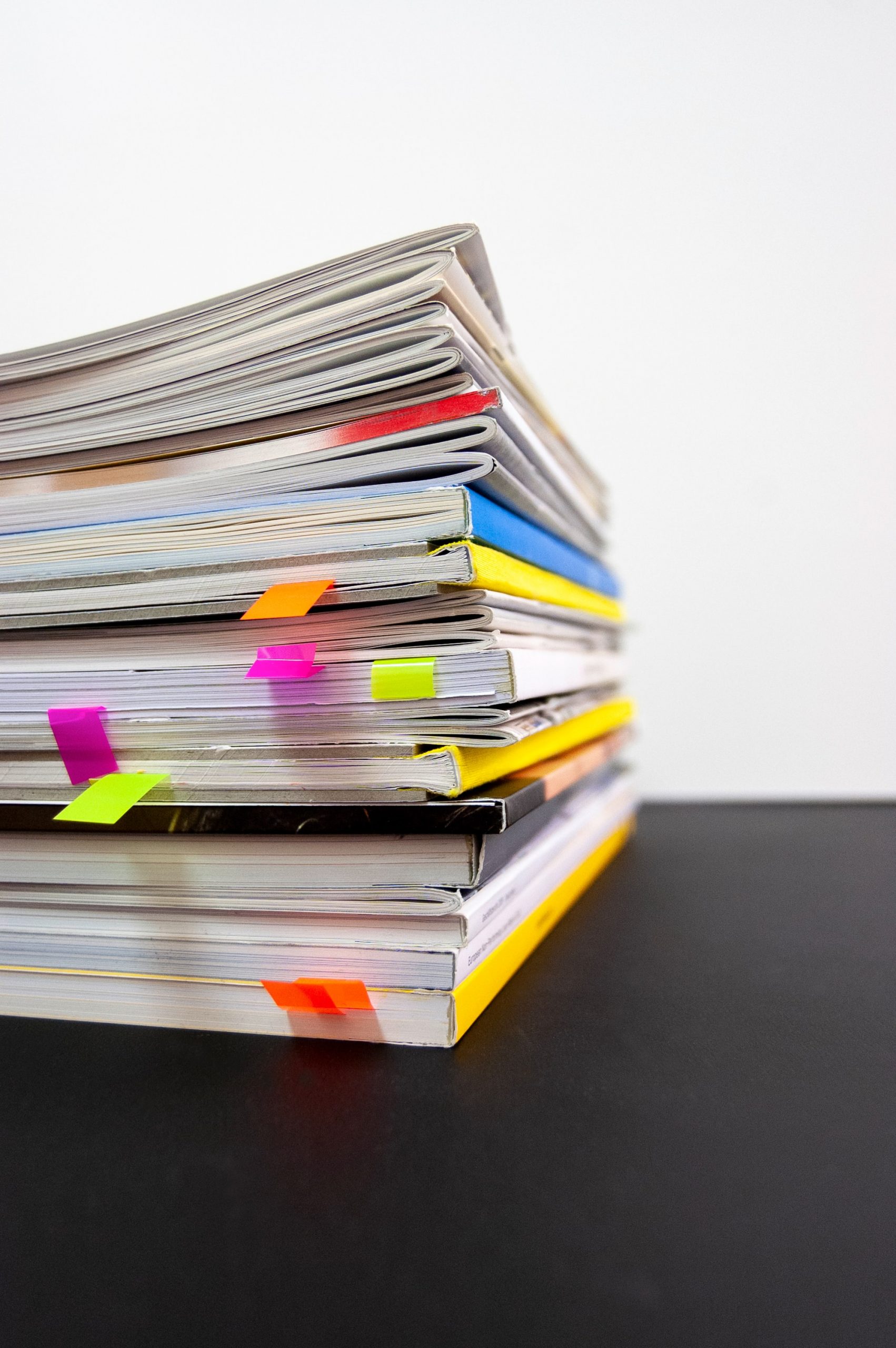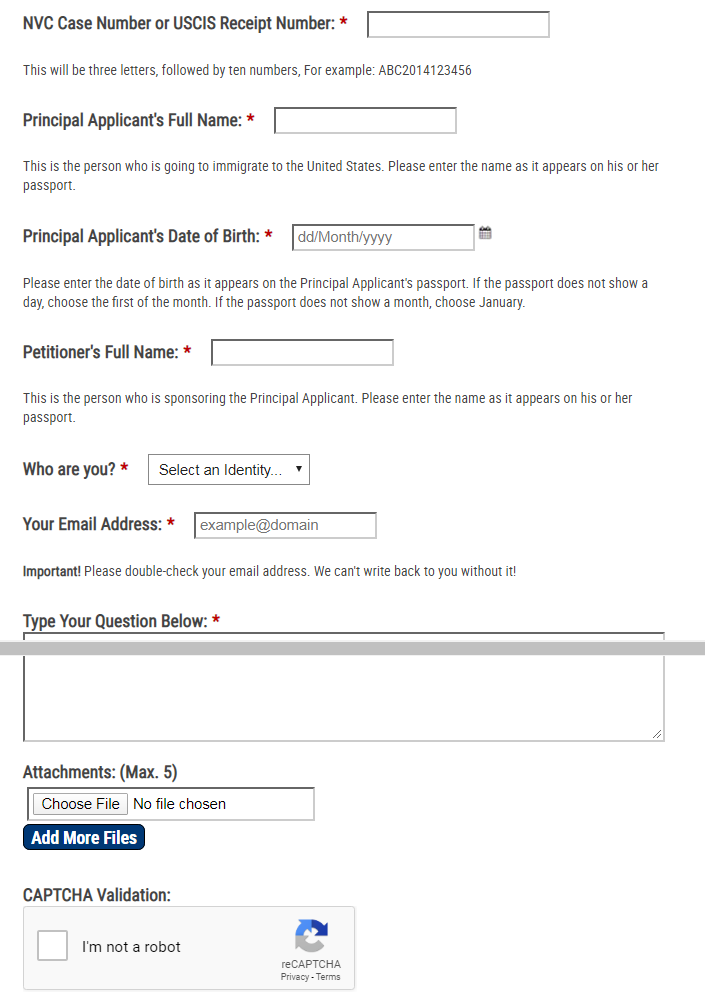Does the NVC have your case?
Many people cannot get a green card without going through the National Visa Center. The National Visa Center is a go-between you and the U.S. consulate in your home country. But how do you know if the National Visa Center has your case? Find out more here.

NVC gets the case after your visa petition is approved
Before checking on the NVC case status, you have to make sure that the case is actually with the NVC.
But the NVC won’t get your case until the I-130 is approved.
So let’s review some basics:
Getting an immigrant visa starts with filing an I-130, Petition for Alien Relative, with the United States Citizenship and Immigration Service (USCIS).
Once USCIS approves your I-130, you will receive an approval notice in the mail from USCIS. USCIS will then send your case to the NVC automatically. (NOTE: The approved petition will not be sent to the NVC if you told USCIS that the green card will be processed in the U.S. You should confirm that you informed USCIS that the green card will be processed outside of the country. If you did not, then you should consider filing a Form I-824.)
If USCIS has sent the approved I-130 petition to the NVC, the agency will create your case in four to eight weeks. Haven’t received an I-130 approval, read this article to learn how to check the status of your I-130.
Case Creation Notification from the NVC
Notification of case creation comes in two forms, by email if one was provided or by mail if you did not give an email. If by email, the email will be sent from National_Visa_Center@state.gov with the subject line Notice of Immigrant Visa Case Creation and included the following language:
Thank you for your interest in immigrating to the United States of America. The Department of State’s National Visa Center (NVC) received your approved immigrant visa petition from U.S. Citizenship and Immigration Services (USCIS). NVC’s role is to ensure you are prepared for your immigrant visa interview at a U.S. Embassy/Consulate General, and to schedule your interview appointment.
NVC is responsible for collecting any applicable fees, the Immigrant Visa Application, supporting civil documents, police certificate(s), Affidavits of Support, and financial documents, if applicable, prior to your visa interview at a U.S. Embassy/Consulate General. Do not mail documents to NVC, even if you received instructions to mail documents to NVC in the past.
You will need to log on to the Department of State’s Consular Electronic Application Center (CEAC) at https://ceac.state.gov/IV to check your case status, pay any necessary fees, upload and submit documents, and read messages from NVC.
If you are logging into CEAC for the first time, please be aware that it can take up to three days (72 hours) from receipt of this notice for your account to be activated. Once activated, you can log into CEAC using the following unique NVC case number and Invoice Identification Number.
NVC Case Number: [Case Specific Number]
Invoice ID Number: [Case Specific Number]
Likewise, the NVC will send you a letter by mail with similar language if you didn’t provide an email address on your I-130. In other words, do not expect an email from the NVC if you did not provide one. They will instead mail a notice to the mailing address you gave them on the I-130.
What to do if you have not heard from the NVC
If you have not received a notification from the NVC by email or mail then you should contact them by using their online Ask NVC portal. Here is a picture of the website with a list of information that you will need to ask NVC if they have your case:

So if you have received an approval notice of I-130, Petition for Alien Relative, form I-797 from USCIS but no notifications from the NVC, then you should use this form to submit a request. The NVC takes about 30-45 days to answer. The other option would be to call them at (603) 334-0700. Monday through Friday from 7:00 a.m. to 12:00 midnight Eastern Standard Time. It is advisable, however, to submit a request through the Ask NVC website since the phone number is frequently busy. But if you do want to call, you should call late at night which is the time that someone is most likely to be available.



